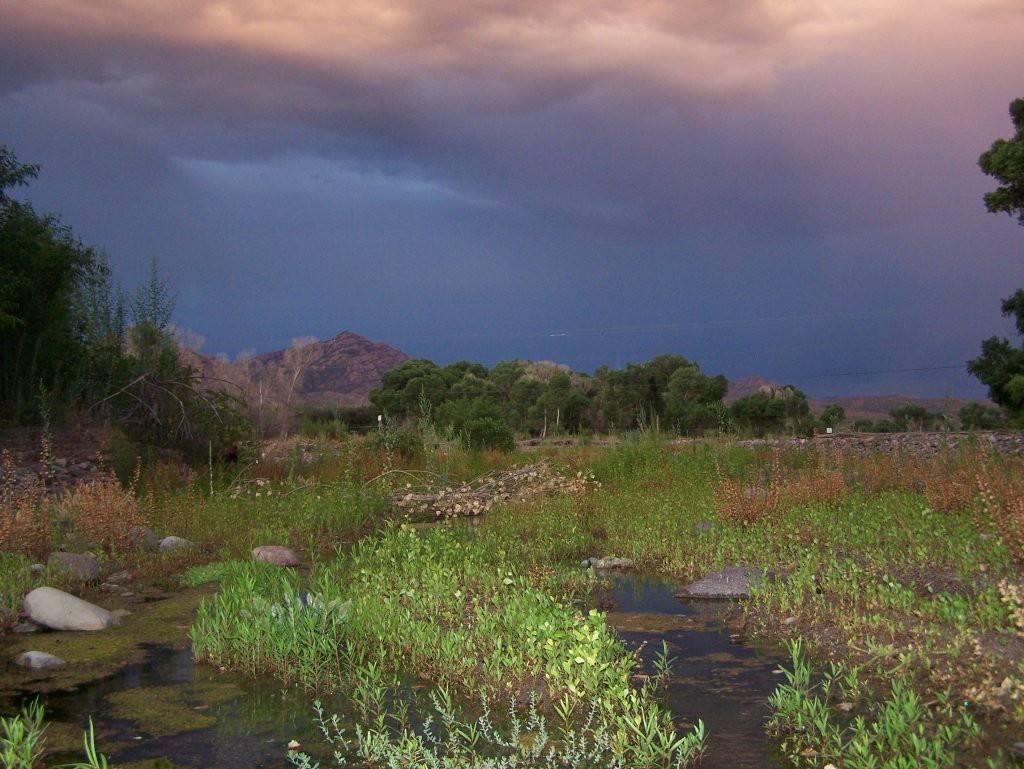Evolutionary Biology – PCB 4683
Demographic and genetic structure of populations and their relationship to speciation, adaptation, and macroevolutionary processes in plants and animals. Fall, Spring. Credits: COS-BIOL 4(4,0). Prerequisites: A grade of “C” (2.0) or better in PCB 3044 and PCB 3063 or C.I.
Genomics Lab – PCB 4445
Today genome-scale datasets are essential to most molecular biology research in any taxonomic group, including phylogenetics and population genetics, metagenomic sequencing of entire biological communities, functional genomics of the expressed portion of the genome, and whole-genome assembly and characterization of an organism’s complete biological code. An integral, related, and emerging field of study is bioinformatics, which focuses on developing computational tools to analyze these massively large data sets. In this class, we take a hands-on approach to understanding (1) how genomic datasets are generated in the lab, and (2) how they are analyzed computationally using bioinformatics pipelines. We begin, in both lecture and lab, with the fundamental biochemistry of DNA and the tools biologists have developed to isolate and manipulate genomic elements. We then scale up to the “Next Generation” Sequencing (NGS) revolution, including how and why new methodologies have made genome-scale analyses achievable for nearly any organism, and the detailed methodologies and skills necessary to prepare samples for whole-genome, whole-transcriptome, and whole-metagenomic community sequencing. Finally, we spend the last third of the course learning and utilizing bioinformatics pipelines to manipulate and analyze the genomic datasets we have generated. Imparting a working knowledge of practical methods for generating and analyzing genomic datasets is the fundamental goal of this course. By generating, analyzing, and presenting (in both written and oral formats) novel genomic data, students will hone their writing, critical thinking and problem solving skills. Prerequisites: A grade of B or better in undergraduate genetics or consent of the instructor.
Wildlife Genomics – currently special topics (split level 5937/4932)
The advent of genomics has allowed new scientific questions to emerge and existing questions to be answered in ways not previously considered. The nascent field of Wildlife Genomics utilizes genetic and genomic approaches to address consequential questions about the ecology, genetics, genomics, conservation, and evolutionary biology of animal species and populations. The field is becoming increasingly important as rapid advances in genomics and genomic technologies provide new tools with which to evaluate, monitor, and predict the impacts of environmental changes on natural and managed wildlife populations. This course is intended to provide graduate and advanced undergraduate students with an understanding of how genomic methods are applied to problems in wildlife biology, with an emphasis on vertebrate animal species in terrestrial and marine ecosystems. The course includes a mix of lectures, discussions of relevant research articles, and computer-based training and exercises. As such, students should be prepared to read current conservation genetics literature, lead and participate in discussions, and analyze genomic data using publicly avalable datasets and analysis pipelines. Prerequisites: grad, none; undergrad, a grade of B or better in Evolutionary Biology or consent of the instructor.
